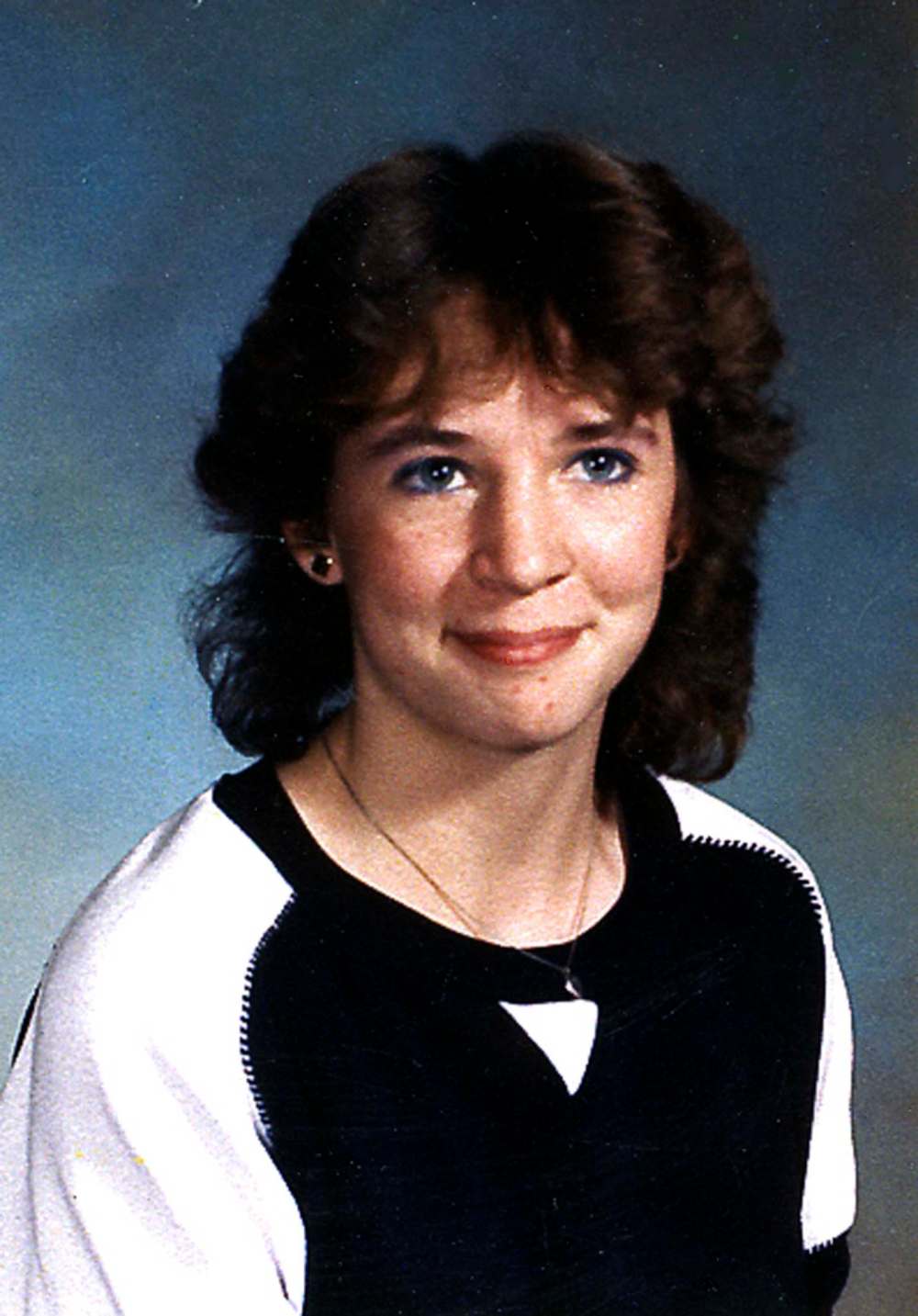Man acquitted in Derksen slaying sues province, police
Read this article for free:
or
Already have an account? Log in here »
To continue reading, please subscribe:
Monthly Digital Subscription
$0 for the first 4 weeks*
- Enjoy unlimited reading on winnipegfreepress.com
- Read the E-Edition, our digital replica newspaper
- Access News Break, our award-winning app
- Play interactive puzzles
*No charge for 4 weeks then price increases to the regular rate of $19.00 plus GST every four weeks. Offer available to new and qualified returning subscribers only. Cancel any time.
Monthly Digital Subscription
$4.75/week*
- Enjoy unlimited reading on winnipegfreepress.com
- Read the E-Edition, our digital replica newspaper
- Access News Break, our award-winning app
- Play interactive puzzles
*Billed as $19 plus GST every four weeks. Cancel any time.
To continue reading, please subscribe:
Add Free Press access to your Brandon Sun subscription for only an additional
$1 for the first 4 weeks*
*Your next subscription payment will increase by $1.00 and you will be charged $16.99 plus GST for four weeks. After four weeks, your payment will increase to $23.99 plus GST every four weeks.
Read unlimited articles for free today:
or
Already have an account? Log in here »
Hey there, time traveller!
This article was published 16/10/2019 (2245 days ago), so information in it may no longer be current.
A man who spent 10 years in prison for the 1984 abduction and death of 13-year-old Candace Derksen is suing the province and Winnipeg police for wrongful conviction and imprisonment.
In a lawsuit filed Wednesday, Mark Grant, 55, accuses police of conducting a negligent investigation and Manitoba justice officials of malicious prosecution. Grant is suing for $8.5 million in damages.

“Mark Grant continues to this day to be a pariah and individuals… maintain their pursuit of him and attacks on his reputation,” the lawsuit alleges.
Derksen went missing Nov. 30, 1984, on her way home from school in the Winnipeg neighbourhood of Elmwood. Her body was found frozen to death and hog-tied in an industrial storage shed six weeks later.
Grant was first arrested in 2007, after police purportedly matched DNA found on twine used to bind Derksen’s limbs with Grant’s DNA.
Grant was found guilty of second-degree murder, following a jury trial in 2011.
The Manitoba Court of Appeal later overturned the verdict and ordered a new trial, ruling the trial judge erred by not allowing the jury to hear evidence another young girl had reportedly been abducted in a similar fashion in September 1985, when Grant was in custody. The appeal court also took into account shortcomings of the DNA evidence.
Manitoba Justice appealed the decision to the Supreme Court, which upheld the order for a new trial.
Grant stood trial again in 2017, and was acquitted after a judge ruled the DNA evidence against him was unreliable and of no value. At trial, DNA experts called to testify for the defence told court analysis conducted by Molecular World lab director Amarjit Chahal was “fatally flawed” and “scientifically corrupt.”
The lawsuit accuses Winnipeg police of “tunnel vision,” alleging investigators “aggressively” pursued Grant as a suspect in 2006, despite the lack of any firm evidence pointing to his guilt.

Molecular World, a Thunder Bay-based DNA lab that matched Grant’s DNA to twine found in the shed, “manipulated” test results to conform with investigators’ theory of the case, the lawsuit alleges.
Police “failed to consider the fact that Molecular World, a relatively new company in a relatively new field of science, had an interest in giving them the answers they wanted in order to get further business from them in the future,” says the lawsuit.
Prosecutors, the lawsuit alleges, relied on evidence “that was, at best, clearly flawed and/or unreliable.”
Grant’s lawyers urged the Crown to join them in calling for a new trial, given the frailty of the DNA evidence, says the lawsuit. Instead, the Crown continued to pursue prosecution “in order to close an outstanding cold case and/or to defend themselves against a claim such as this one for wrongful imprisonment and/or to protect their own reputation.”
Manitoba’s high rate of wrongful convictions — including the cases of Thomas Sophonow, James Driskell and Kyle Unger — points to systemic problems within the provincial criminal justice system, the lawsuit alleges, “suggesting that Crown attorneys are generally more interested in winning than furthering the ends of justice.”
As a result of his incarceration, Grant continues to suffer emotional trauma, including anxiety, depression and loss of trust in the justice system, says the lawsuit. Out of custody, he continues to be assaulted and insulted by random strangers, the lawsuit alleges.
dean.pritchard@freepress.mb.ca

Someone once said a journalist is just a reporter in a good suit. Dean Pritchard doesn’t own a good suit. But he knows a good lawsuit.
Our newsroom depends on a growing audience of readers to power our journalism. If you are not a paid reader, please consider becoming a subscriber.
Our newsroom depends on its audience of readers to power our journalism. Thank you for your support.
History
Updated on Wednesday, October 16, 2019 11:21 PM CDT: Updates story










